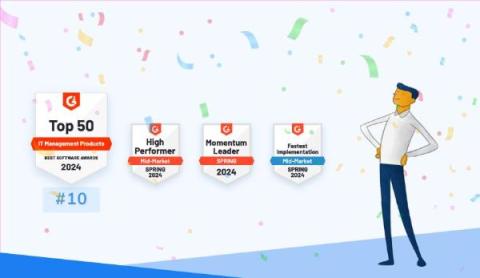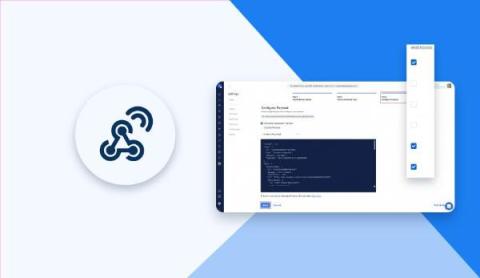AI-driven contextual mastery for incident response
Context is fundamental to well-run tech operations, which require an understanding of systems, services, architectures, and teams to interpret the real-time data streaming in from observability and change systems. The delivery of context is crucial for effective operations performance. And it’s a universally important skill set for tech Ops teams to master.











